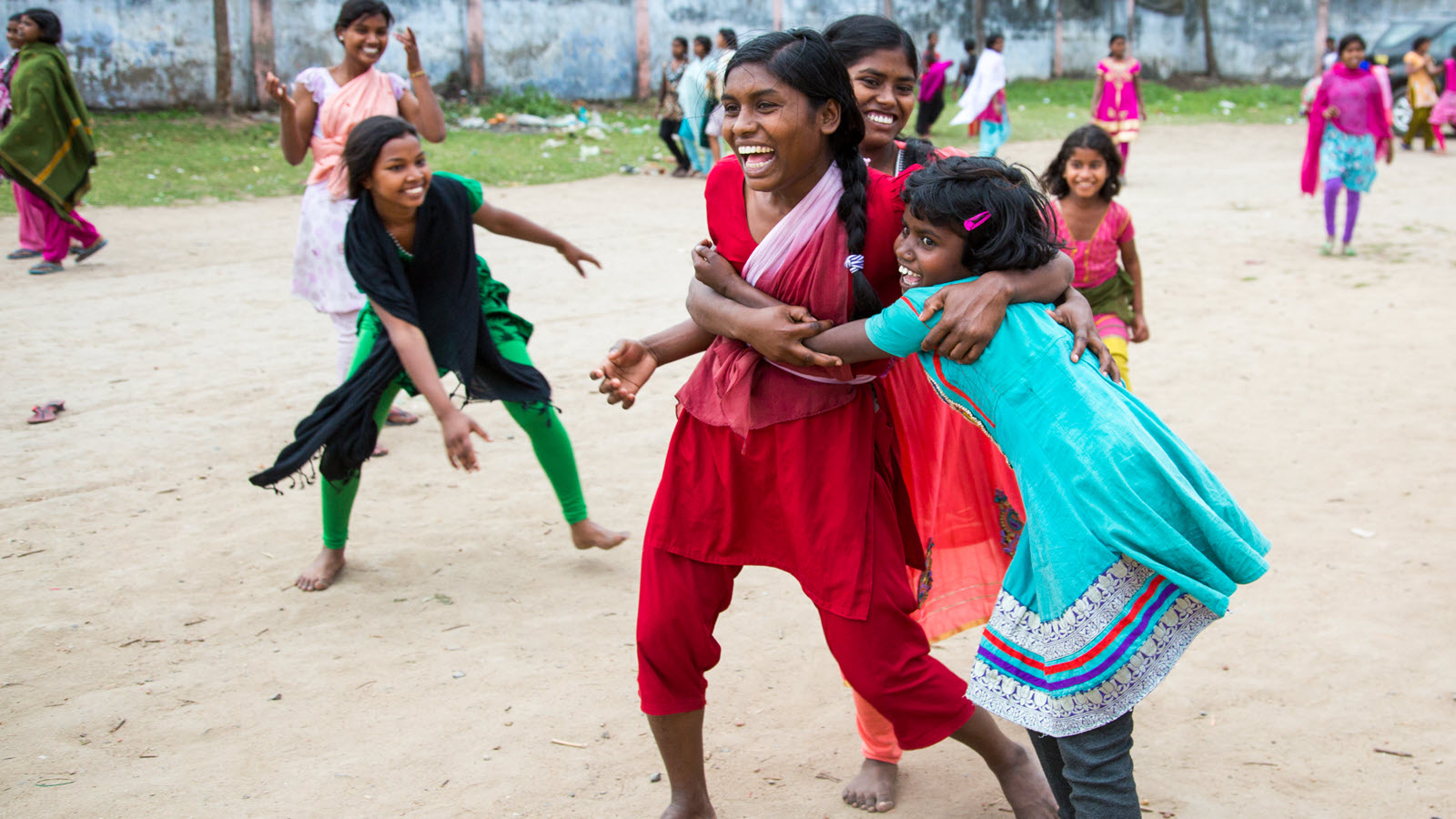At a glance
- The UK is an active partner and funder across most of the foundation’s focus areas.
- We collaborate with government, nonprofit, and private-sector partners in the UK on policy and financing for many global health and development issues, particularly in the areas of infectious diseases, nutrition, agriculture, and gender equality.
- The UK has hosted major global summits to secure political commitment and funding for urgent issues such as vaccine delivery, nutrition, family planning, and malaria control.
- Our London office was established in 2010.
Overview
Given the UK’s major role in global health and development, science, and diplomacy, we work closely with the UK government and other UK-based partners to support efforts to eradicate polio; develop and deliver new vaccines; combat HIV, tuberculosis, and malaria; develop more resilient crops for smallholder farmers, improve nutrition, empower women economically, and, more recently, strengthen the international response to COVID-19.
We also work with partners to support a constructive and well-informed political and public debate around the importance of the UK’s role in international development.
Key government partners are the Foreign, Commonwealth & Development Office (FCDO) and the Department of Health and Social Care (DHSC). Major grantees in the UK include Imperial College London, University College London, the London School of Hygiene & Tropical Medicine, Liverpool School of Tropical Medicine, the University of Edinburgh, the University of Oxford, Comic Relief, and Save the Children UK.
We established our London office in 2010 because of the UK’s long-standing reputation and influence in international development. The UK has invested significant amounts in issues ranging from global vaccination, nutrition, and family planning, setting an example for other countries to follow.
Managing Director, Europe, the Middle East, and East Asia
Bill & Melinda Gates Foundation
Impact in numbers
Grants worth over $1.1B are currently committed to more than 300 individual grantees in the United Kingdom.
More about our work in the UK
Our office in London supports our work with grantees and partners, builds and sustains European donor support, and helps foster political commitment in Europe to advance global health and development goals.

